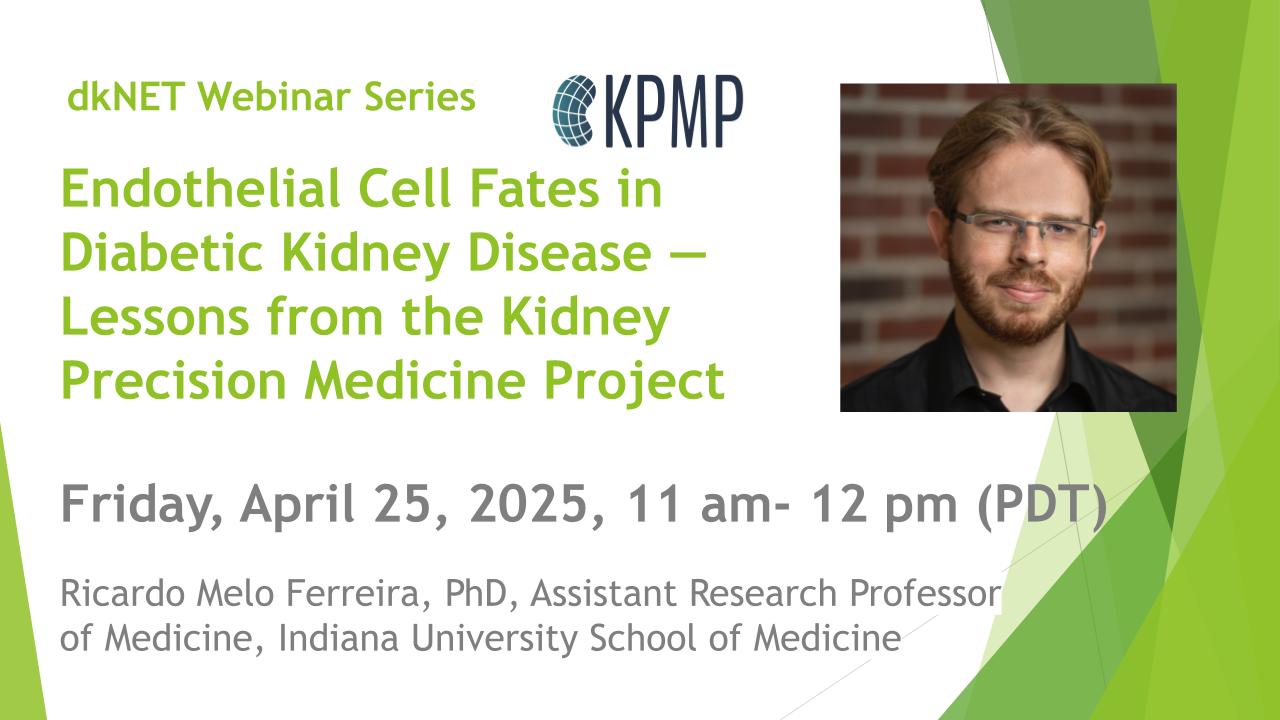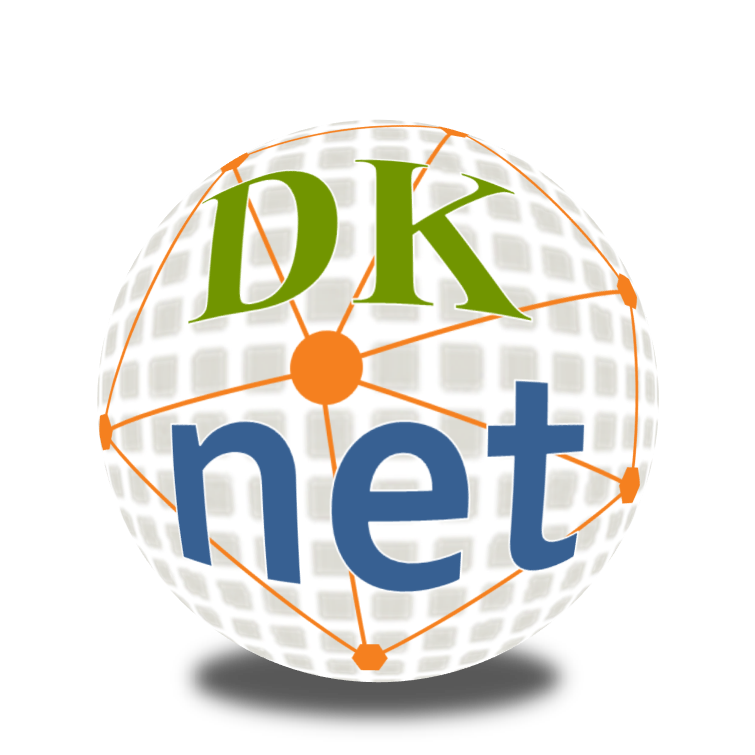Leaving Community
Are you sure you want to leave this community? Leaving the community will revoke any permissions you have been granted in this community.
[Recorded Webinar and Slides are Available Now!] dkNET Webinar: The Collaborative Microbial Metabolite Center – Democratizing Mechanistic and Functional Interpretation of Microbial Metabolites
Presenter: Pieter Dorrestein, PhD, Professor, Skaggs School of Pharmacy and Pharmaceutical Sciences, Department of Pharmacology and Pediatrics, University of California San Diego
Abstract
In the analysis of organs, volatilome, or biofluids, the microbiome influences 15-70% of detectable mass spectrometry molecules. Typically, only 10% of human untargeted metabolomics data can be assigned a molecular structure, with merely 1-2% traceable to microbial origins. Human microbiomes contribute metabolites through the microbial metabolism of host-derived substances, digestion of food and beverage molecules, and de novo assembly using proteins encoded by genetic elements. Despite the significance of microbiome-derived metabolites to human health, there is no centralized knowledge base for community access. To address this, the "Collaborative Microbial Metabolite Center" (CMMC) leverages expertise in mass spectrometry, microbiome innovation, and the GNPS ecosystem to built a knowledgebase. It aims to create a user-accessible microbiome resource, enrich bioactivity knowledge, and facilitate data deposition. The CMMC includes the construction of a knowledge base, MicrobeMASST tool, and health phenotype enrichment workflows, the construction and use will be discussed in this presentation. The use of this ecosystem will be exemplified by the discovery of 20,000 bile acids, many of which were shown to be of microbial origin and linked to diet and IBD.
The top 3 key questions that this resource can answer:
- How can we leverage the 1000’s of public metabolomics studies to discover microbial metabolites and their organ distributions as well as their phenotypic, including health, associations?
- If one has an unknown molecule, how can one assess what microbes make a molecule without known structure?
- How can one contribute to the expansion of the knowledgebase on microbial metabolites?
Resource link: https://cmmc.gnps2.org/
Dial-in Information: https://uchealth.zoom.us/meeting/register/tZMlce-hrDIoHdPr3NDYUybAGiTzkgfoG1GS
Date/Time: Friday, February 23, 2024, 11 am - 12 pm PT
Upcoming webinars schedule: https://dknet.org/about/webinar





